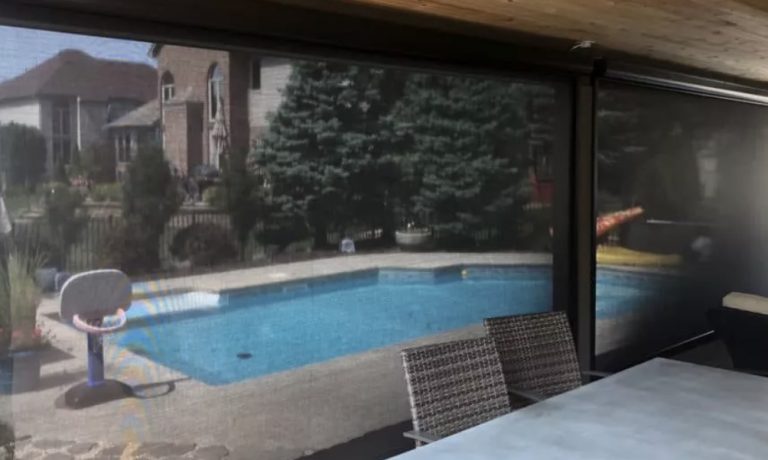Not everyone considers remodeling their house for both efficiency and attractiveness. There are a number of ways, though, that your upgrades can help save utility expenditures down the road. While some techniques are straightforward, like checking for leaks, others need considerably more deliberate effort. Cash house buyers will pay more for houses that are in better condition and more efficient.
When you finally decided to pull out those kitchen cabinets, conserving energy was probably the last thing on your mind. However, including the following chores in your upcoming renovation project might help you save money and get rid of the hot and cold zones in your home that could lead to mold growth or allergies.
When you next renovate…
Story Stages
Make Certain to Examine for Water Infiltrations
Having water damage may ruin a house. Sometimes it takes a strong storm to find a leak, but there are also leaks that are concealed beneath built-ins and appliances. When upgrading your property, keep an eye out for any warning indicators that adjacent harm may exist. On a broader scale, this is comparable to vacuuming while the sofa is moved out.
Use the Minimum Amount of Framing (Required by Law)
When installing additional walls, find out how little framing is permitted by your building code and start there. Less timber will cost less, but the builder will have to add extra insulation between the studs, which will significantly improve your home’s energy efficiency.
Upgrade HVAC Systems in Heated Areas
The HVAC ductwork is often located in an unheated space, such the attic or basement, in most houses. If at all feasible, placing these ducts in a heated or cooled area will reduce the amount of energy required by the system to heat or cool the house. If your home’s construction prevents you from doing this, insulate the ducts and have an HVAC expert check the system for any potential weak points.
Insulate the area around recessed lights
Recessed lighting can make or break a home’s atmosphere and cost-effectiveness, particularly in rooms with no ceiling lighting and little space for lamps. To avoid the possibility of an air leak around recessed lights, however, make sure your electrician adequately insulates the space around the light. Although it seems like a little problem, it might raise your bill.
Water Wastage Means wastage of energy
Think about adding a solar or high-efficiency water heater in your house. Consider insulating the pipes after that. You are wasting water if you wait for the water to heat up. Hot water goes more quickly and arrives at the faucet when you need it thanks to insulated and effective systems.
Install a bathroom automatic humidistat
In order to prevent the floors and wallboards from sweating, a humidistat may detect when moisture levels in a room rise and send a signal to the fan to turn on. When your visitors take long showers or forget to switch on the fan, this is a fantastic solution. Mold may be prevented in the bathroom by reducing moisture levels.
Not all of these techniques will work for your next renovation, but reading through this list will undoubtedly put you in the proper frame of mind for a successful rebuild. In essence, the goal of your remodeling is to examine as you develop.
This might entail covering non-used devices with toggle switch plates or forgoing the additional showerhead to save money on electricity costs in the future. When making repairs in the here and now, always keep the future in mind.
If you’re planning a significant remodel, an HVAC upgrade, or even a basic AC inspection, you should think about working with a reputable HVAC company to save time and money on your subsequent project.
